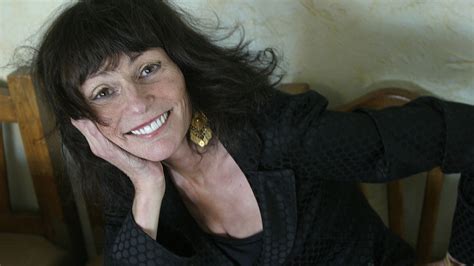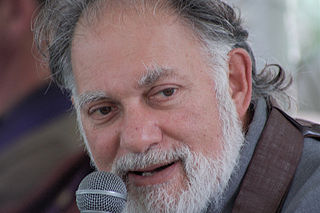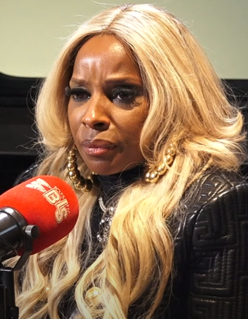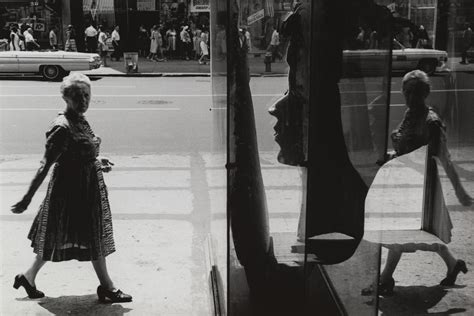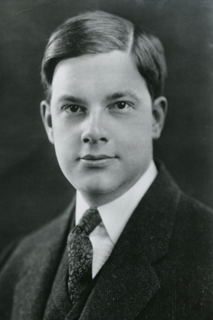A Quote by Erik Larson
As a rule, I am very skeptical of tying books to anniversaries. I don't think readers care. I also feel that it just about guarantees that somebody else will be writing a book on the same subject, but being a former journalist, I'm always interested in, like, why write about something today? Why do it now?
Related Quotes
The thing that has always baffled me about people's perception of my writing is the sense that I'm a very controversial, opinionated, polarizing person. I feel like I write about things that I'm interested in, and I describe why they're interesting to me. I could be negative, I guess. It's far easier to write why something is terrible than why it's good.
writing is about doing something very close to the bone. It's about shocking yourself. When I write, I like to make myself cry, laugh - I like to give myself an experience. I see a lot of writing out there that's very safe. But if you're not scaring yourself, why would you think that you'd be scaring anybody else? If you're not coming to a revelation about your place in the universe, why would you think anyone else would?
The people who review my books, generally, are kind of youngish culture writers who aspire to write books, or write opinion pieces about what they think of Neil Young, or why they quit watching ER or whatever. And because of that, I think there's a lot of people who write about my books with the premise of, "Why this guy? Why not me?"
When you care about perfection, you care about an expectation. But there is also caring for where I am right now, for what's happening right now. When I spend time with students, they tell me that they've read something in a book or heard something from a teacher that they don't think they're living up to. And I tell them, “Take care of yourself right now. Befriend what's happening, not just who you're supposed to be or what the world should be like. This is where you are now. So how do you care for yourself this minute?
Blogging has mostly been an opportunity to react more immediately to experiences to try out ideas that I may end up using in the print media or in some other place. When I write books, it's a way for me to bring readers into the experience of writing the book, all through the process of writing the books that I write. I talk about what I'm up to in the blog. I let people know what I am doing. To me, it's just part of putting my professional life up in a way that people who are interested in it can access; and learning things from them as well.
['John F. Kennedy] movie is based on a massive best-selling book, which is always helpful. And then the script was amazing and answered my question, "Why this? Why now?" And the "why now" is that it's 50 years since the assassination, and the country needs to have and will have a conversation about that. And the "why this" is the construct, which I think is sort of ingenious.
It became a question of taste. I have a certain taste in art history. And that - I had a huge library of art history books in my studio. And I would simply have the models go through those books with me, and we began a conversation about, like, what painting means, why we do it, why people care about it why or how it can mean or make sense today.
A woman journalist in England asked me why Americans usually wrote about their childhood and a past that happened only in imagination, why they never wrote about the present. This bothered me until I realized why - that a novelist wants to know how it comes out, that he can't be omnipotent writing a book about the present, particularly this one.
Anything that looks like an idea is probably just something that has accumulated, like dust. It looks like I have ideas because I do books that are all on the same subject. That is just because the pictures have piled up on that subject. Finally I realize that I am really interested in it. The pictures make me realize that I am interested in something.
At present, I am a poet trying to be a soldier. To tell the truth, I am not interested in writing nowadays, except in so far as writing is the expression of something beautiful ... The only sort of book I care to write about the war is the sort people will read after the war is over - a century after it is over.


